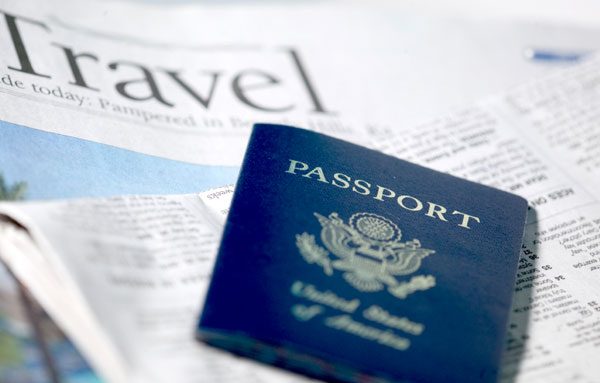
What is the “Public Charge”?
The Public Charge rule is one of the major standards that USCIS uses when considering immigration visa’s for approval. Being considered a “public charge” or likely “public charge” means that a person relies on government programs in order to support themselves.
Recent Changes to Public Charge
Since 1999, USCIS’s interpretation of this guiding principle was generally limited to the likelihood that an individual would utilize:
For the most part, visa denial based on the Public Charge rule could be avoided through the support of a financial sponsor who was a U.S. citizen. This sponsor, usually a spouse or a family member, presents an “Affidavit of Support”, which states that they will financially support you once you are in the U.S. The financial sponsor also has to prove income of 125% of the poverty line, but the visa applicant was not required to prove and source of income.
In 2019 the Department of Homeland security proposed and in 2020 the U.S. Supreme Court upheld much stricter interpretations of the Public Charge rule. The new interpretation of the Public Charge rule applies to:
Impact of the new Public Charge ruling on individuals applying for marriage-based visa’s
The changes to the income requirements could make it very difficult to successfully apply for a marriage-based visa. The proposed changes raise the required household income to 250% of the poverty line in order to qualify for a marriage-based visa. For a married couple without children, sufficient income would be $41,150, and for a family of five could exceed $70,000. If strictly enforced, this could result in the denial of over half of marriage-based visa’s.
One way to meet the new financial status requirements and to avoid being considered a “likely public charge” is to use the education that you’ve already received in your country of origin to show that you will be able to work and make money in the U.S.
What is credential evaluation?
Credential evaluation is the process by which certified evaluators research and establish the equivalence of a foreign transcript or degree to the U.S. educational system. Credential evaluations are used when applying for a visa, admission to a university, employment and/or applying for professional licensure. During the credential evaluation process, you will submit specific documents to the credential evaluator which will be used to establish U.S. equivalency.
There are three main types of credential evaluations, each of which requires different levels of documentation:
Why would I need a credential evaluation to for my marriage-based visa?
Many jobs in the U.S. require a high school diploma at minimum and may even require an Associate or Bachelor degree. Showing that your education meets these requirements will allow you to work in a job that makes sufficient income to meet the financial status requirements of the Public Charge rule and avoid becoming a public charge in the future. A credential evaluation is needed to prove that your high school or university education qualifies you for higher level employment in the U.S.
Where can I get a credential evaluation?
There are many companies that are able to evaluate your education history for the purposes of getting your visa. USCES.org can help guide you through the process of selecting the appropriate evaluation and submitting the relevant documents. Once they have completed your evaluation, they will prepare a professional report. If you are using legal assistance, such as Boundless, your attorney will include this report with your visa application.
Conclusion
The new interpretation of the Public Charge rule will make it more difficult to meet the financial requirements of a marriage-based visa. You need to present a strong case for visa approval. Seek help from professional services, such as an immigration attorney and professional credential evaluation service.